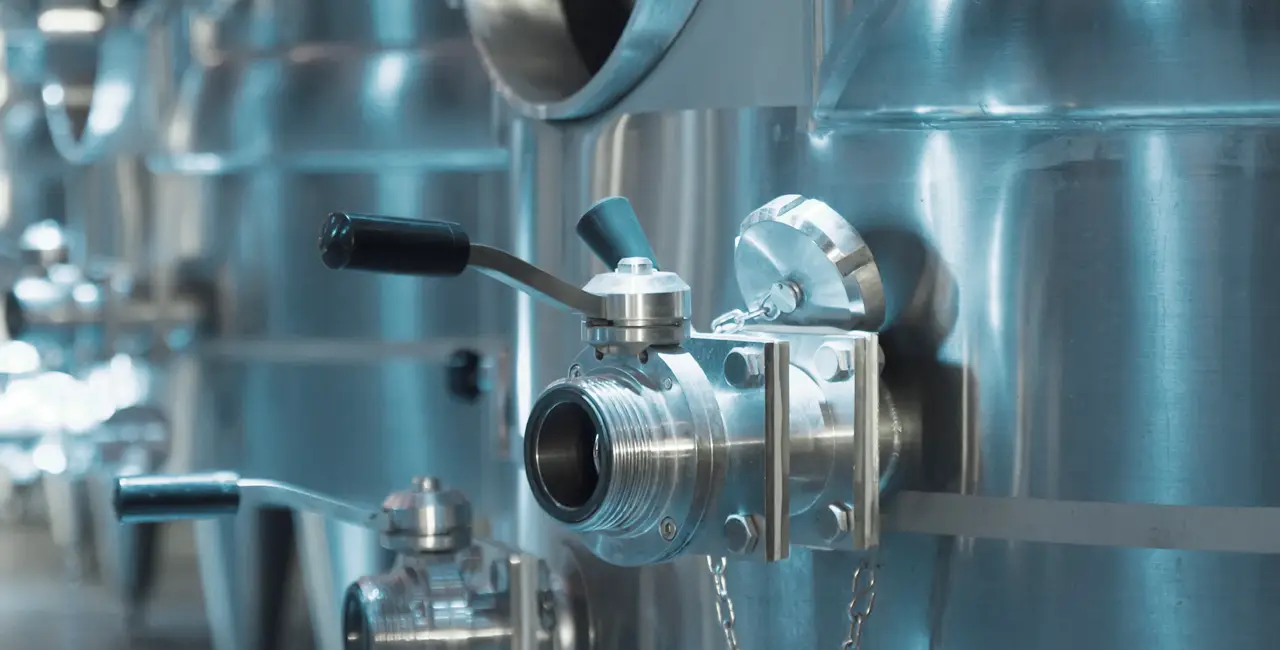
In order to ensure the quality of the milk at origin, it is essential to adopt the maximum hygiene measures to avoid sources of contagion and this involves maintaining the health of the cattle, the cleanliness of the animals and of course the hygiene of the machinery and milking parlors as well as pitchers and utensils. The temperature of the milk in the farm will be lowered to 6º C in the two hours following milking, when the germicidal phase of the lactenins is still active.
The proliferation of germs is so great that at a temperature of 22°C the number of germs/ml increases from 6,500 to 25,000 in only 4 hours, reaching 11 million in 24 hours.
On the other hand, at a temperature of 6º C, in the first four hours the germs are reduced to 5,000 and in 8 hours they increase to 12,000.
When milk contamination is high, it is easy to detect it with pH indicator paper due to the acidification of milk during the transformation of lactose into lactic acid. This milk will not withstand boiling or pasteurization so there is no choice but to discard it.
It is common for farms to have cold storage rooms for the immediate preservation of milk, but in any case, the milk must be stored in a cooler for a longer period of time.
The temperature at which it is stored will determine the speed with which the milk must be collected for transport to the factory. In cases where it is stored at 8 to 6º C, we will collect the milk in a maximum of 12 hours, and if it drops to 2º or 4º C, the milk can be collected the day after milking.
For all these reasons, it is vital to control the temperature from the origin and to transport the milk as soon as without breaking the cold chain in order to apply treatments in the factory that will make it more stable and suitable for mass consumption.



This has been the work of Sr. Concejo

